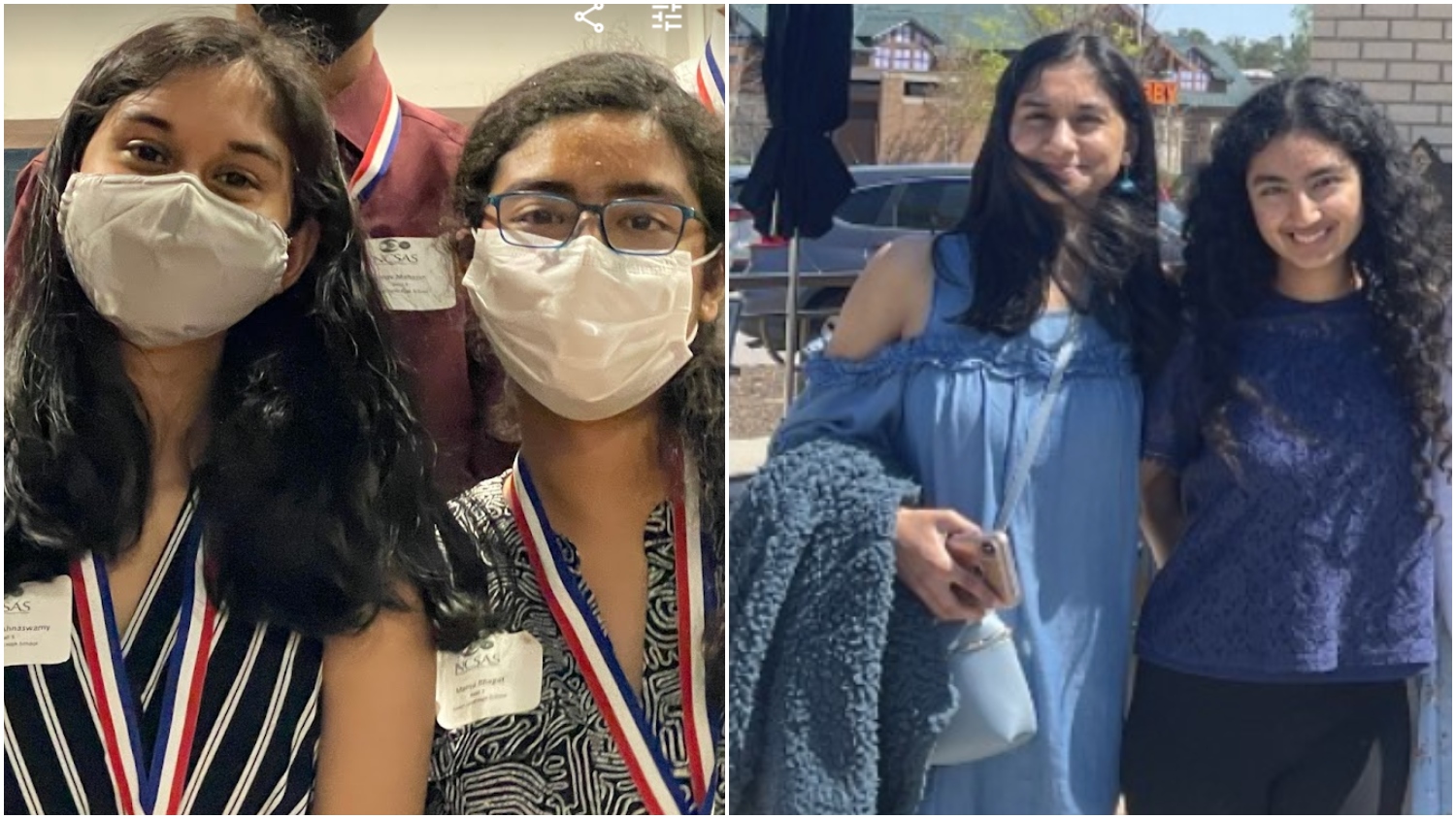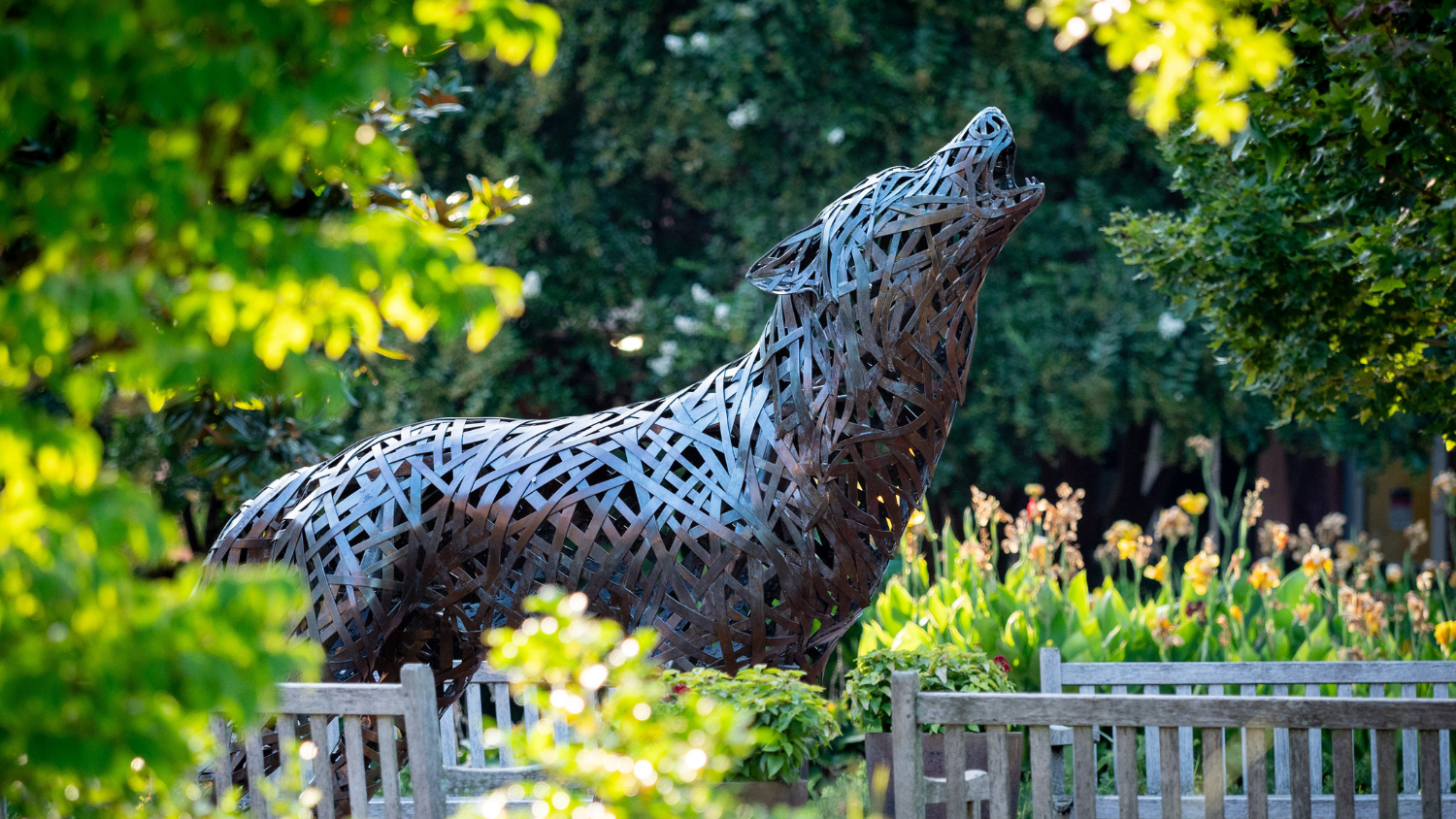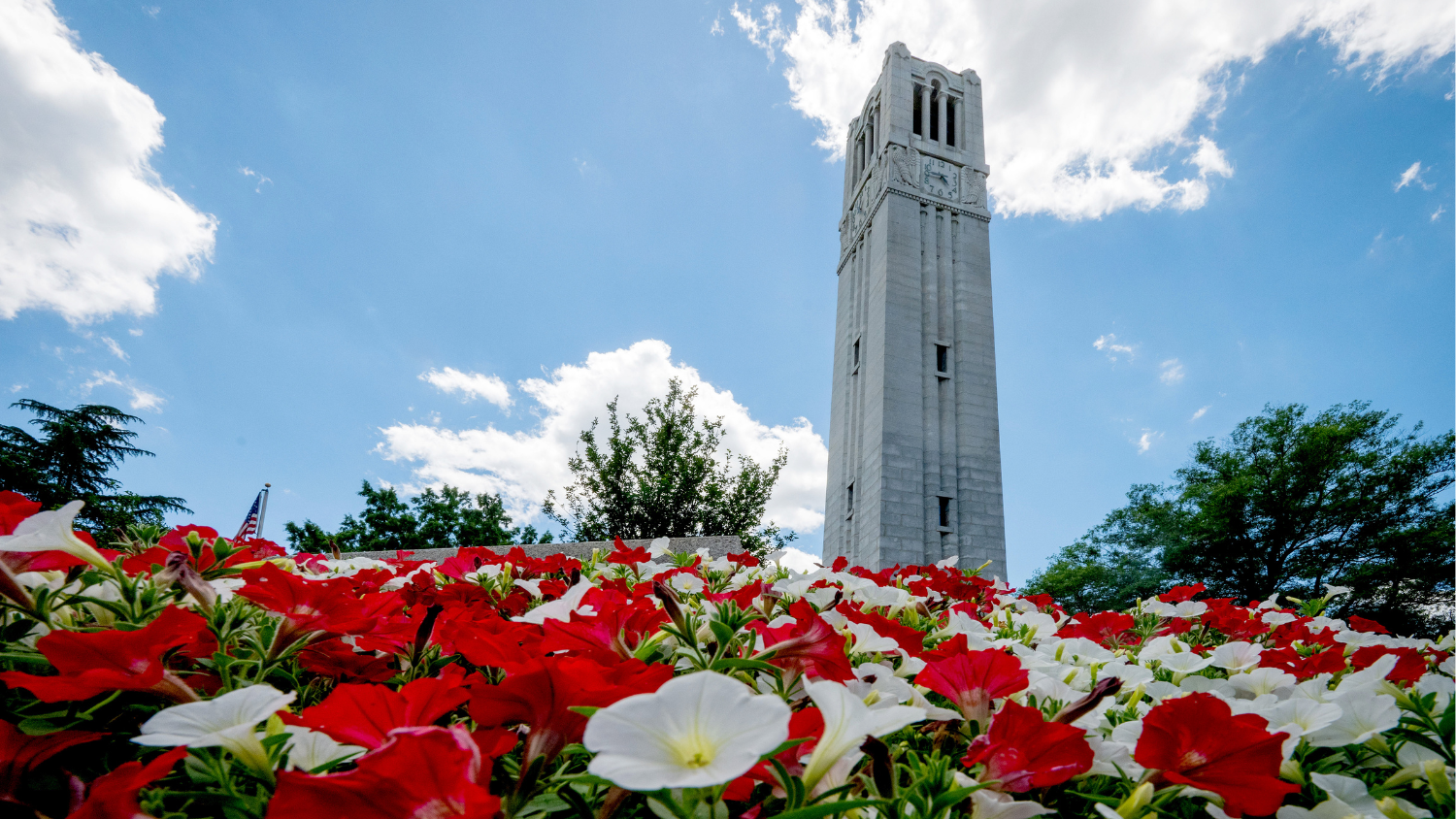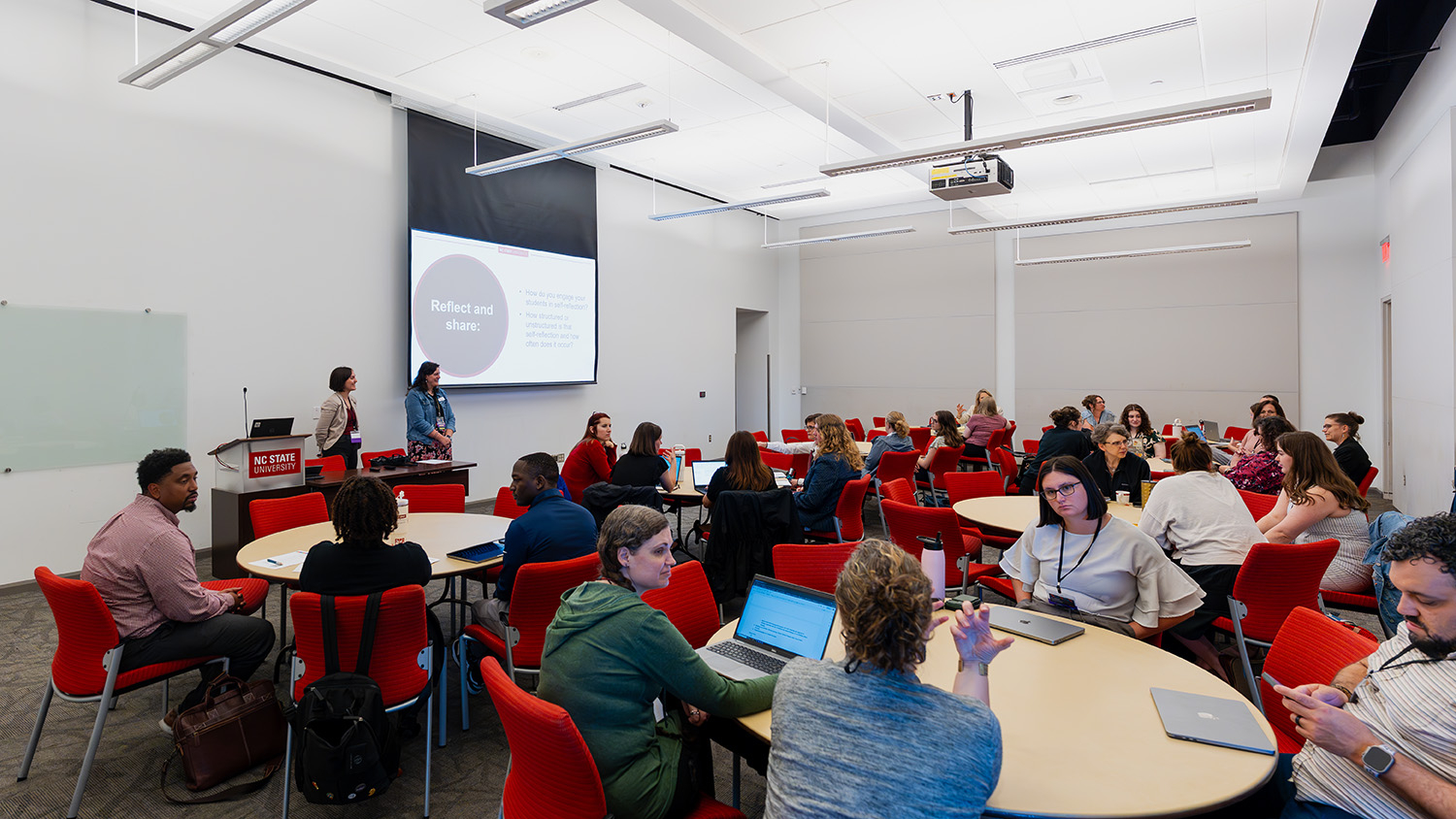By Jess Clarke
Diksha Krishnaswamy’s love of shopping online made the 10th grader wonder about consumer behavior and what influences people’s decisions to buy products.
That curiosity, shared by her classmate Manya Bhagat, led them to an impressive achievement: a first-place finish in the statewide North Carolina Student Academy of Science (NCSAS) competition this spring. Poole College marketing faculty Pieter Verhallen, a consumer behavior specialist, helped them get there.
“They did all the work,” Verhallen says. “I just gave them tips, pointers and some critiques.”
His tips and pointers — on choosing a specific research question, data analysis, writing a research paper, presenting to judges — were exactly the guidance the students wanted. Their project, which focused on how different times of day and types of advertising affect consumers’ shopping decisions, was for the STEM club at Green Level High School in Cary.
Verhallen mentored the pair for two months on Zoom at the request of the North Carolina Science Fair Foundation (NCSFF), which coordinates student-led STEM research competitions.
“I didn’t think a college professor would help high schoolers, so I was really thankful for his involvement,” Krishnaswamy says. “He tried to understand stuff from our point of view.”
Some the results from their survey of 107 people? Generally, consumers are more likely to buy a product between noon and 6 p.m. regardless of the type of ad. Specifically, billboard ads are more effective in the afternoon and video ads more persuasive in the evening.
The students concluded that more people are at home after daytime work hours and more likely to watch video ads. In the afternoon, consumers are more likely to be going home from work and seeing billboards along the way.
After examining the results, Bhagat and Krishnaswamy wrote a paper Verhallen read. “He helped us make our paper easier to understand for the judges and suggested how to keep the language consistent and objective, so nobody reading it would misinterpret the results,” Bhagat says.
The students won third place in their category in the NCSFF’s virtual Region 3A Science and Engineering Fair in February. In March, they presented their research at the statewide NCSAS competition in Durham at the North Carolina School of Science and Mathematics, which coordinates the event. For winning in their category in the NCSAS event, they’re eligible to attend the American Association for the Advancement of Science research conference meeting in March 2023.
Verhallen “really helped us with not only the presentation, but with understanding what makes a good question for a research project,” Bhagat says. “He helped us differentiate between a good and a bad study. His mentorship helped us learn valuable lessons and also win the competitions.”
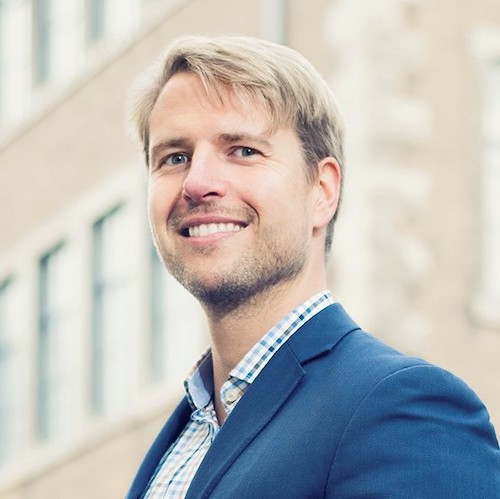
Making a good pitch to the judges is key.
“I was confident in our ability to present our project well, but I was still kind of shocked when we won because the other projects were great, too,” Krishnaswamy says.
For Verhallen, it was rewarding to work with motivated students. “They’re definitely self-starters,” he says. “It’s always nice to work with that kind of student, no matter what age or level.”
And no matter the age or level, a key part of NC State’s mission is to give back to residents of the community and state.
“We’re training the next generation of graduates, primarily coming from North Carolina,” Verhallen says. “It’s about the knowledge we create, the research and our overall contribution to science in the region.”
NC State’s contribution to science has advanced the NCSFF’s objective to encourage involvement in STEM in schools.
“As a small nonprofit, the support and partnership of NC State has been an essential element in our ability to raise awareness and provide opportunities to students across North Carolina.”
“As a small nonprofit, the support and partnership of NC State has been an essential element in our ability to raise awareness and provide opportunities to students across North Carolina,” NCSFF Executive Director Theresa Gibson says.
NC State hosts the statewide version of the North Carolina Science and Engineering Fair on campus most years, which has allowed many students to visit a college for the first time. NC State Assistant Dean and Executive Director for Academic Enrichment Programming Holly Hurlburt facilitates the partnership between the university and the NCSFF, which coordinates the fair.
NC State faculty members often work with student researchers as mentors for NCSFF competitions. “Feedback on having a mentor has been overwhelmingly positive throughout the program,” Gibson says. “We’re very grateful to Pieter for his generous contribution of time.”
The mentor relationship is a positive experience for professors, too.
“I appreciated their professionalism. They were proactive, well-prepared and inquisitive.”
In guiding Bhagat and Krishnaswamy, “I appreciated their professionalism. They were proactive, well-prepared and inquisitive,” Verhallen notes. “They wanted to win for sure.”
Winning the regional and state competitions this year gives Krishnaswamy the inspiration she needs, she says. “Our validation from these science competitions makes me really excited to get into that kind of stuff in college.”
- Categories:
